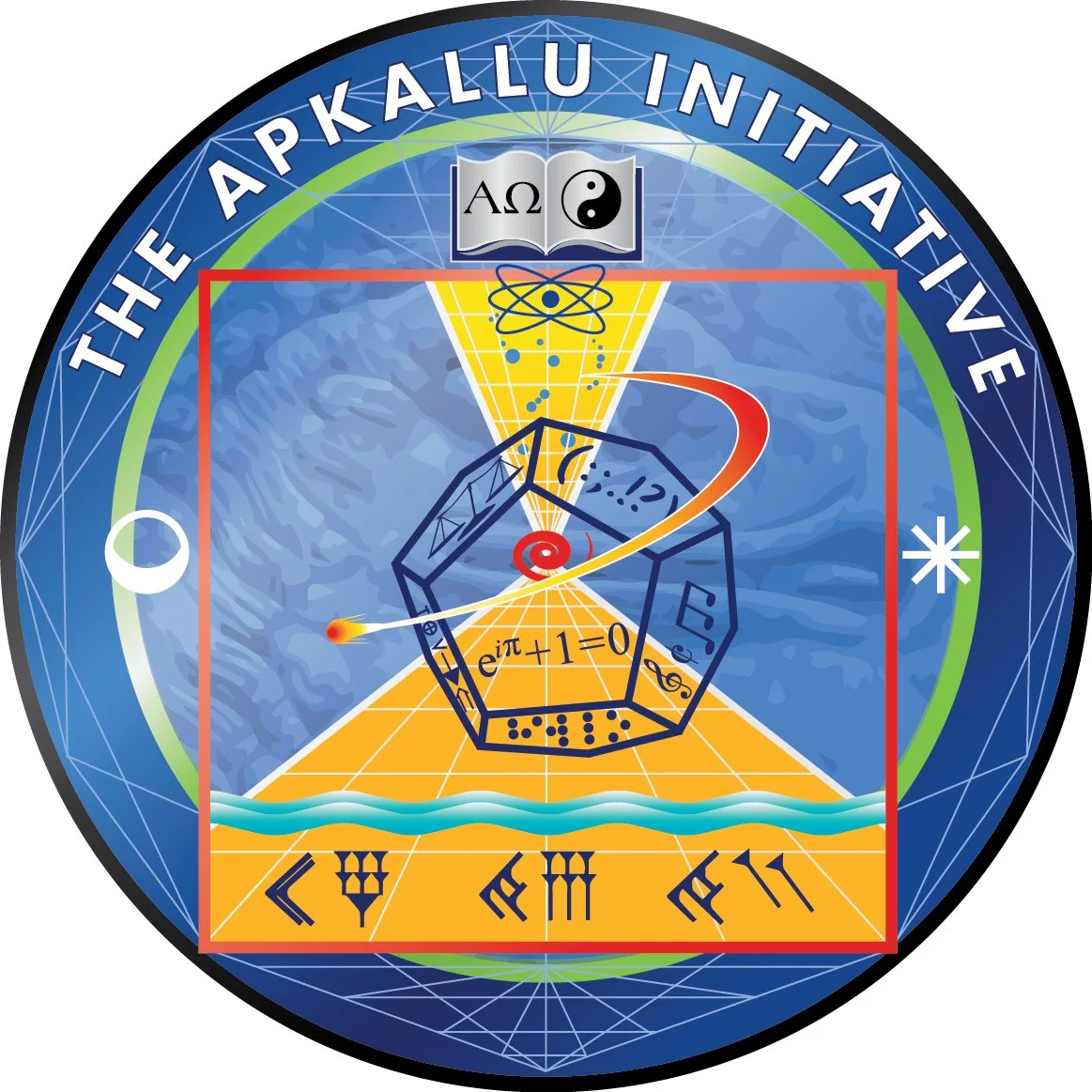The Infinite Horizon of Discovery
In the ages of old, people thought that if you kept going out into the Atlantic Ocean, you would eventually fall off the edge of the Earth. Indeed, there were also tales of monsters that lurked there, waiting to snatch the sailor and his ship and drag them down into the abyss below. Well, there were monsters and the waters were dangerous, but they were surmountable once the sufficient technology came to fruition.
In 1492 Christopher Columbus set sail on the first of several trips in search for the West passage to India and in his journeys he discovered the “New World”. But before this attempt was made, many had first embarked on exploration of the islands which meander the West coast of Africa and in particular the Canary Islands. These “precursor missions” allowed the gradual development of core capabilities, technologies, experience and most important, confidence. So that the Atlantic could be tackled and the new horizon breached.
When I consider the history of human kind, a species which grew by a process of gradual migration out of Africa, it is awe inspiring to think how far we have come. Think of the countless toils and struggles of those that would walk for miles across vast lands, searching for water, food and places to shelter or settle. Think of the risks they took as they entered territories with dangerous never before seen animals and even hostile humans who would rob them of all they own and cherish, including their lives. Think of the hard labours fault in the battle to master agricultural techniques, to grow crops so that we might weather the harsh seasons and feed the growing population. Think of how we survived as we crossed deserts, jungles, ice sheets, and barren landscapes, freezing in the cold night of the Moon, and baking in the hot rays of the Sun. Yet, we endured.
We are an explorer species. We search for the next mountain to climb, the next ocean to dive. This exploration extends not just to the physical world but also to the world of our minds as we intellectualise our reality and with curiosity seek answers to explain all that we observe. This constant questioning, this endless frontier is fundamental to who we are. The exploration of space is a natural extension of these propensities and it is in our deepest desires to go out there; this driving force cannot be stopped, because the exploration of space is the purest expression of our personal and joint liberty.
So we breached the Karman line of space, circled the equatorial and polar orbits, hopped from the world of our origin to our closest neighbour, the Moon. The planet Mars calls us loudly and beckons us to come and explore it too. Look at it through a telescope, its rustic coloured appearance with polar ice caps of its own. Those mountains and valleys yet to be explored; Olympus Mons three times the height of Everest. How can we not try?
The other worlds call us too. The Jovian worlds and its possible swimming life, bathing in the ash ridden atmospheres of volcanic and ice covered worlds. Saturn and its ring of icy jewels. Titan with its ocean of liquid Methane. They call us, like the metaphorical Gjallarhorn across the solar system – come explore us and see what nature left here. Pluto is next, then the Oort cloud and beyond. Our precursor missions will extend to the furthest frontiers to prepare the way for our eventual arrival. Then it’s the stars and the entire cycle of planetary exploration begins all over again, until the next system and then the next, billions of them until the galaxy is fully explored by some future descendants of human kind. But our galaxy is but one within a large supercluster, and there are millions of these. Where does it end? Even when we have explored the entire Universe, will we discover the Universe too is but one of billions created by the architect of nature? Perhaps, it is as the philosopher Olaf Stapledon depicted in his 1937 book “Star Maker”, and our Universe is but one in the great laboratory of Multiverses, as the Star Maker perfects his or her art.
How marvellous that we can see so far and so much? How splendid that nature has arranged it so that when we look at the sky we see back in time, back to the beginning of the Cosmos itself? Perhaps the purpose of the Universe is as the science fiction writer Arthur C Clarke said, “For the perpetual astonishment of mankind”? It is exhilarating a thing to be on the path of discovery, but it is also joyous to think that we are always at the beginning with the ocean of knowledge all before us. Our limited life span is so short in the age of the Cosmos. If we are lucky we will live for eighty or even one hundred years. Use that time wisely, make time for moments of discovery and contemplation, learn what you can whilst you are here, because what is your horizon of discovery today, will be someone else’s history in the future. The light cone goes on, the entropy grows, the clock ticks in synchronicity to the arrow of time. Be a part of the contribution to knowledge whilst you can - for we will not be here forever, but the infinite horizon of discovery will be. Eyes, ears and mind open.
“How many more years I shall be able to work on the problem I do not know; I hope, as long as I live. There can be no thought of finishing, for 'aiming at the stars' both literally and figuratively, is a problem to occupy generations, so that no matter how much progress one makes, there is always the thrill of just beginning.” Robert H. Goddard, in a 1932 letter to H. G. Wells.




